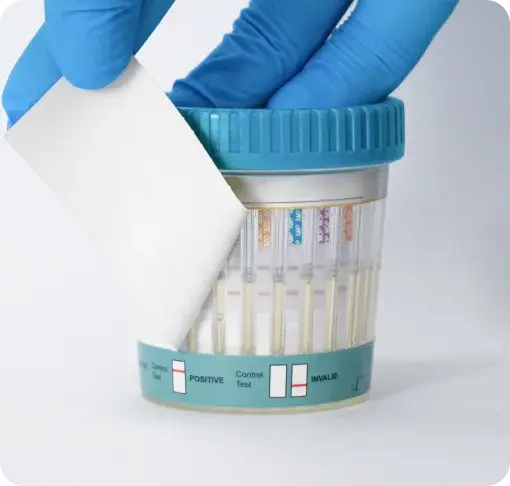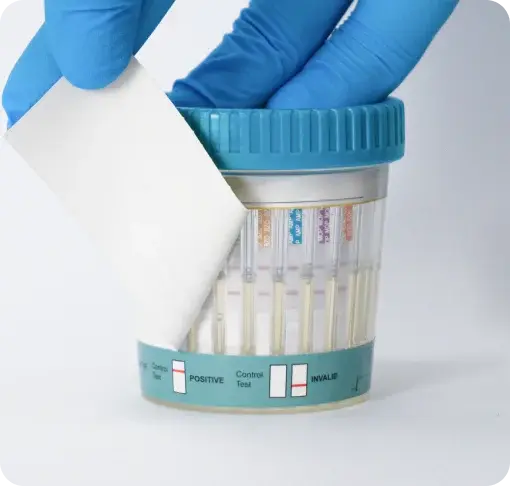Drug Testing in Prisons
Prisons and correctional facilities are environments where health, safety, and security intersect with legal obligations. Among these obligations, drug use and disease testing stand out as critical components of ensuring that prisons meet their legal duties to inmates, staff, and society at large. In addition to our earlier blog, The Ideal Portfolio of Rapid and Point-of-Care Tests for Prisons, this blog explores the key legal reasons why prisons must prioritise comprehensive drug use and disease testing programs.
1. Duty of Care
Prisons have a fundamental legal duty of care to ensure the safety and well-being of those in their custody. This duty extends to providing healthcare that is equivalent to what is available in the broader community. Regular drug use and disease testing are essential elements of this care, as they allow for the early detection and treatment of health issues that could otherwise lead to severe consequences.
Inmates, by virtue of their confinement, rely entirely on the prison system for their healthcare needs. If an inmate’s health deteriorates due to inadequate testing and treatment, the prison could be held legally accountable for neglecting its duty of care. This legal responsibility underpins the necessity for prisons to have robust testing protocols in place.
2. Compliance with Health Regulations
Health regulations at both the national and international levels require prisons to conduct regular health screenings, including for infectious diseases like HIV, Hepatitis B, and Hepatitis C, as well as for substance abuse. These regulations are designed to protect public health and ensure that prisons do not become hotspots for disease outbreaks.
Failure to comply with these regulations can result in significant legal repercussions. Prisons may face fines, lawsuits, or even the threat of closure if they do not adhere to the required health standards. Therefore, maintaining rigorous testing protocols is not just a best practice but a legal necessity to ensure compliance with health regulations. Click the links for more on rapid HIV, Hep B and Hep C testing.
3. Reduction of Legal Liability
Prisons are inherently high-risk environments where the spread of infectious diseases and the prevalence of drug use can lead to serious health crises. By implementing comprehensive testing programs, prisons can significantly reduce their legal liability in cases where an inmate’s health is compromised.
For instance, if an outbreak of a preventable disease occurs due to inadequate testing, the prison could be held liable for failing to protect the health of its inmates and staff. Regular testing and prompt medical interventions demonstrate that the prison is taking all necessary steps to fulfil its legal obligations, thereby minimising the risk of litigation.
4. Human Rights Considerations
International human rights standards, such as those set by the United Nations, emphasise the right to health, which includes access to preventive, curative, and rehabilitative health services. Prisons that fail to provide adequate health screenings and treatments may be in violation of these rights, opening themselves up to legal challenges on human rights grounds.
Ensuring that all inmates receive appropriate testing for drug use and infectious diseases is a critical aspect of respecting and upholding these rights. By doing so, prisons not only comply with legal obligations but also contribute to the global effort to protect and promote human rights.
Legal Compliance as a Foundation for Safe Prisons
Drug use and disease testing in prisons is not just a healthcare necessity; it is a legal requirement that underpins the safety and well-being of the entire prison population. By prioritising these testing programs, prisons can fulfil their duty of care, comply with health regulations, reduce legal liability, and uphold human rights standards. In an environment where legal responsibilities are paramount, comprehensive testing is a cornerstone of lawful and ethical prison management.
If you would like a quote for rapid drug testing in prisons, please complete this form.

